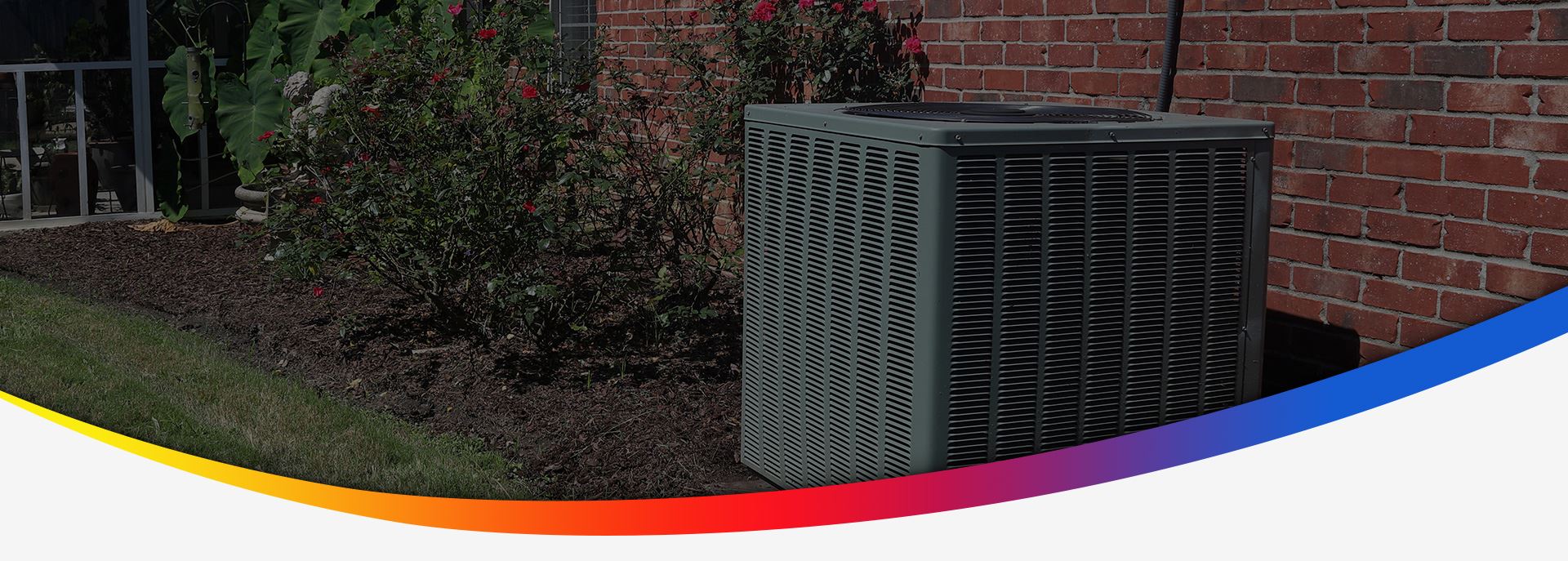Heat Pump 101
Heat pumps are becoming more popular across the country as homeowners learn of the benefits. Heat pumps operate differently than traditional furnaces and can even be used as air conditioners!
There are several different types of heat pumps, but we’ll be focusing on ones that use air movement to control the temperature in your home. Keep reading to see if a heat pump may be the best option for your household!
Heating Capability
Heat pumps are different in that they don’t create or produce any heat. They are built to simply move warmth from one place to another. In the winter, the unit moves warmth from the outside (yes, even though it’s cold) into your home. In the summer, it removes the warmth from your home to keep you cool.
Heat pumps can be hooked up to ductwork, but many come as ductless systems. The unit stands alone attached to a wall, with a connection running to another unit on your exterior wall. This is a major benefit to homeowners who may want to convert from baseboard heating and/or don’t have an existing ductwork system. (Plus, you avoid the wasted energy that accompanies ductwork systems.)
Efficiency
Efficiency is probably the most important benefit of a heat pump system. The U.S. Department of Energy estimates that heat pumps use approximately 50 percent less electricity than furnace or baseboard systems. Heat pumps don’t burn fuel, so no fuel is wasted in their operation. They simply move warm air from one place to another, which requires less energy than creating heat through combustion.
Efficiency makes heat pumps a highly attractive choice for homeowners, as you can significantly reduce your energy costs. You can look for the Seasonal Energy Efficiency Ratio (SEER) rating for cooling efficiency, and the Heating Seasonal Performance Ratio (HSPF) rating for heating efficiency when choosing a heat pump.
Maintenance & Cost
Heat pumps still require maintenance, just like furnaces and boilers. Annual maintenance ensures the unit remains efficient and you benefit from the cost savings that are promised. Plus, regular maintenance will help prevent larger issues and catch any needed repairs before they derail your system. You should also periodically change the filters in the unit and inspect the unit for any damage or issues.
Heat pumps have a higher upfront cost compared to traditional furnaces. This is partly due to the labor task involved in installing a brand new system. The price will vary depending on the type of heat pump you choose, the efficiency rating, and the brand.
Cost may also depend on whether you use ductwork. Ductless mini-splits, which are individual units, do not require ductwork and are a bit simpler to install.
Safety
Heat pumps are also safer than furnaces and boilers because they operate on electricity. They do not use combustible fuels like gas or oil (some heat pumps can be powered by gas, but these are less common). This eliminates the risks associated with gas leaks and carbon monoxide poisoning, a significant plus for home safety.
Although, since they operate using a large amount of electricity, you may want to consult with your local electrical professional about whether a dedicated circuit is needed for the unit.
You’re This Close to Comfort
The AirMasters Air Conditioning & Heating is dedicated to helping with all of your heat pump installation and repair needs and is happy to answer any questions you may have about switching to a heat pump system. Contact our experts today at (901) 295-4434 to learn more about how we can help keep you comfortable.

.2201260858550.jpg)